Apple victory will not sour Samsung parts relationship, claim analysts
The fallout from last week's US court victory is not expected to disturb Samsung-Apple supplier relationship.

Analysts claim Apple's recent court victory over Samsung is unlikely to damage their business relationship, whereby the South Korean vendor acts as sole supplier of the chips that power the iPhone and iPad.
At an emergency meeting in Seoul early on Sunday following the damning US legal defeat, the South Korean group's post mortem was led by vice chairman Choi Gee-sung and the head of the mobile business JK Shin, rather than by CEO Kwon Oh-hyun, whose primary role is in charge of the components business.
The clear message from Samsung is that a strict internal firewall between its handset business and its components operations remains intact.
While it plans to appeal the U.S. verdict, and a damages bill for $1.05 billion for copying critical features of Apple's popular mobile devices - a sum that could be trebled - Samsung will not want to put at risk its Apple supply contract which is worth billions of dollars.
Apple needs Samsung to make the iPhone and iPad.
As well as being the only supplier of micro processors for the iPhone and iPad, Samsung also supplies DRAM and NAND-type memory chips and flat screens used in the popular Apple gadgets. Samsung products comprise 26 percent of the component cost of the iPhone, Samsung's lead counsel Charles Verhoeven was quoted as saying in the media.
Samsung's component sales could hit $13 billion next year and bring in $2.2 billion in operating profit, according to a recent estimate by Morgan Stanley. That's nearly 8 percent of estimated group operating profit for next year.
Get the ITPro daily newsletter
Sign up today and you will receive a free copy of our Future Focus 2025 report - the leading guidance on AI, cybersecurity and other IT challenges as per 700+ senior executives
Experts and analysts said the symbiotic business relationship between Samsung and Apple is too important for either to put at risk.
"Apple needs Samsung to make the iPhone and iPad. Period. Samsung is the sole supplier of Apple's processing chips and without Samsung, they can't make these products," said James Song, an analyst at KDB Daewoo Securities in Seoul. "Samsung might be considering lots of options to leverage its components business' importance and pressure Apple, and Apple could be also well aware of this."
With that in mind, Samsung had sought to resolve the patent dispute with Apple - which Apple first brought up shortly after Samsung launched its first Galaxy model in 2010 - through negotiation rather than in the courtroom.
"We initially proposed to negotiate with Apple instead of going to court, as they had been one of our most important customers," Samsung said in an internal memo sent to employees and released to the media on Monday. "However, Apple pressed on with a lawsuit, and we have had little choice but to counter sue."
While Samsung has been found to have copied innovative features of the iPhone and iPad, the Korean group's lawyers have emphasized that its own innovative components and wireless technology patents, which the U.S. jury ruled that Apple did not violate, made Apple's products a reality.
"Apple isn't that stupid (to risk its Samsung parts deal). Apple's agreements with Samsung will ensure that Samsung has no choice but to comply and supply," Florian Mueller, an intellectual property consultant, posted on his blog.
"Also, Samsung's other customers would lose faith if it turned out unreliable. And since Apple threatened Samsung with litigation two years ago, it's had plenty of time to identify alternatives."
ITPro is a global business technology website providing the latest news, analysis, and business insight for IT decision-makers. Whether it's cyber security, cloud computing, IT infrastructure, or business strategy, we aim to equip leaders with the data they need to make informed IT investments.
For regular updates delivered to your inbox and social feeds, be sure to sign up to our daily newsletter and follow on us LinkedIn and Twitter.
-
 Bigger salaries, more burnout: Is the CISO role in crisis?
Bigger salaries, more burnout: Is the CISO role in crisis?In-depth CISOs are more stressed than ever before – but why is this and what can be done?
By Kate O'Flaherty Published
-
 Cheap cyber crime kits can be bought on the dark web for less than $25
Cheap cyber crime kits can be bought on the dark web for less than $25News Research from NordVPN shows phishing kits are now widely available on the dark web and via messaging apps like Telegram, and are often selling for less than $25.
By Emma Woollacott Published
-
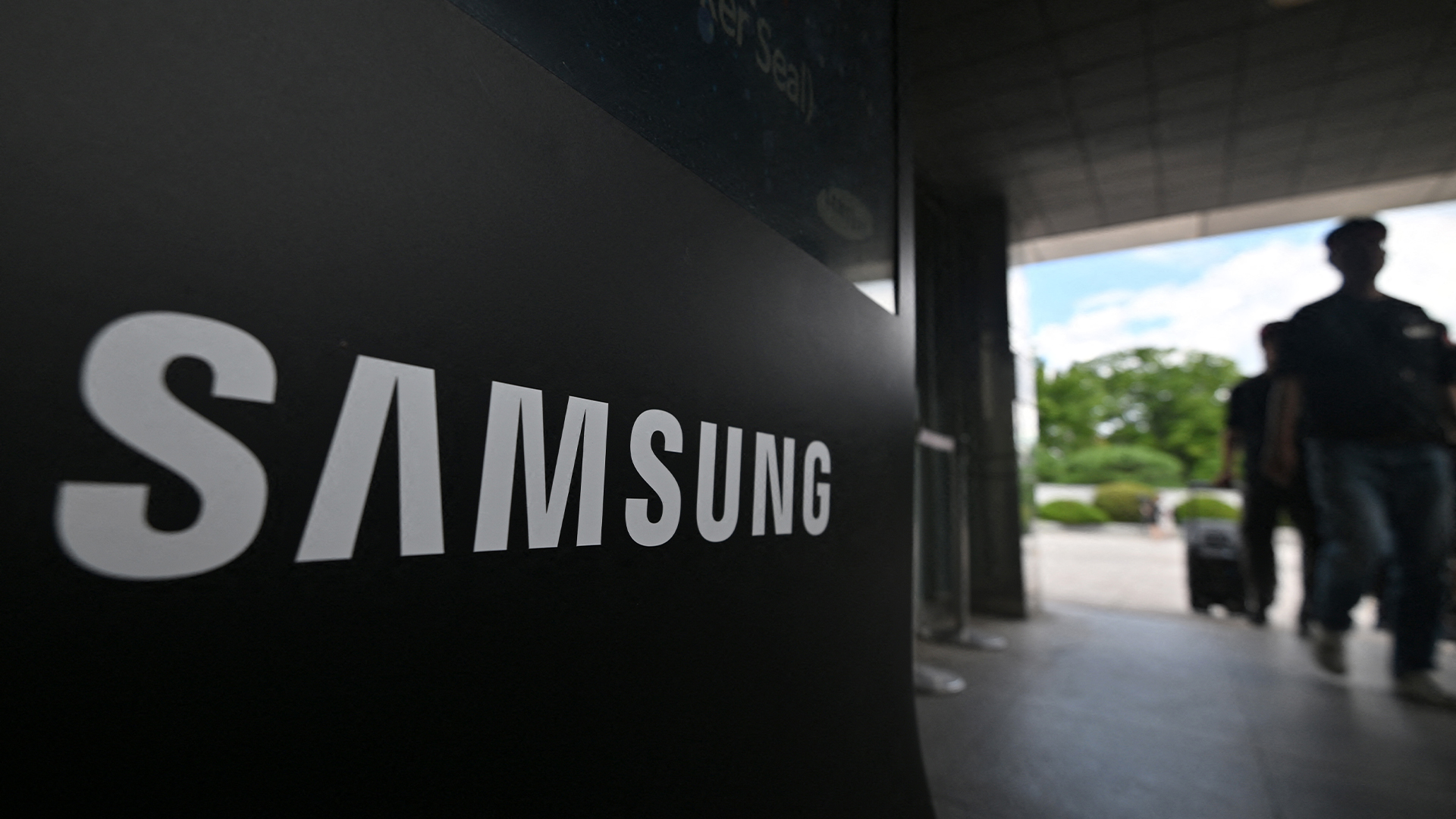 Samsung ramps up AI capabilities with Oxford Semantic Technologies acquisition
Samsung ramps up AI capabilities with Oxford Semantic Technologies acquisitionNews Oxford Semantic Technologies' knowledge graph tech will be incorporated into Samsung products across the board
By Emma Woollacott Published
-
 Samsung UK recruits its first chief customer officer in bid to boost partner engagement
Samsung UK recruits its first chief customer officer in bid to boost partner engagementNews Deborah Honig will lead Samsung UK’s customer experience activity across its portfolio of business offerings in the region
By Daniel Todd Published
-
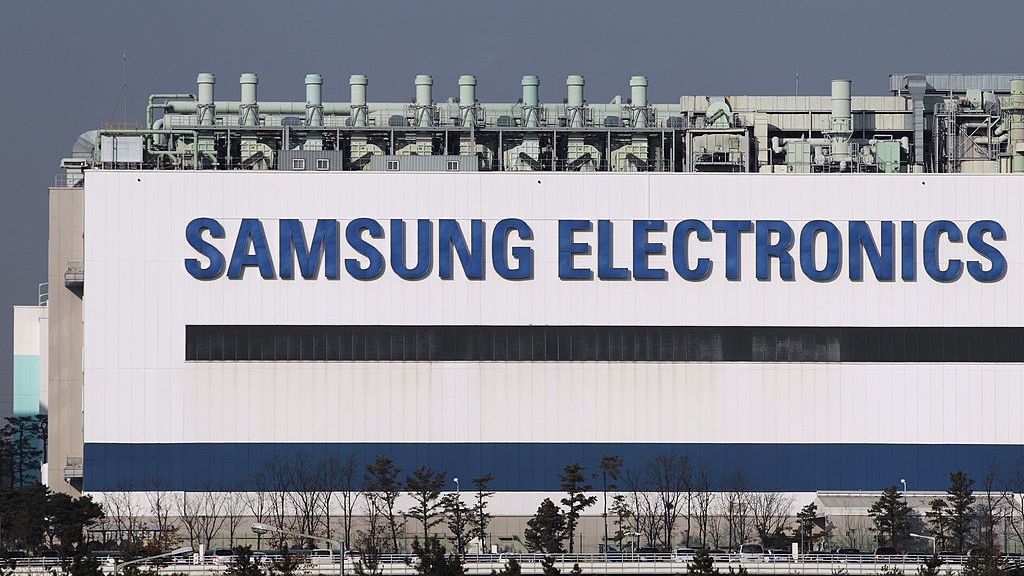 Samsung proposes 11 Texas semiconductor plants worth $191 billion
Samsung proposes 11 Texas semiconductor plants worth $191 billionNews The school boards of Austin and Taylor are to consider new facilities that could bring 10,000 new jobs to the area
By Rory Bathgate Published
-
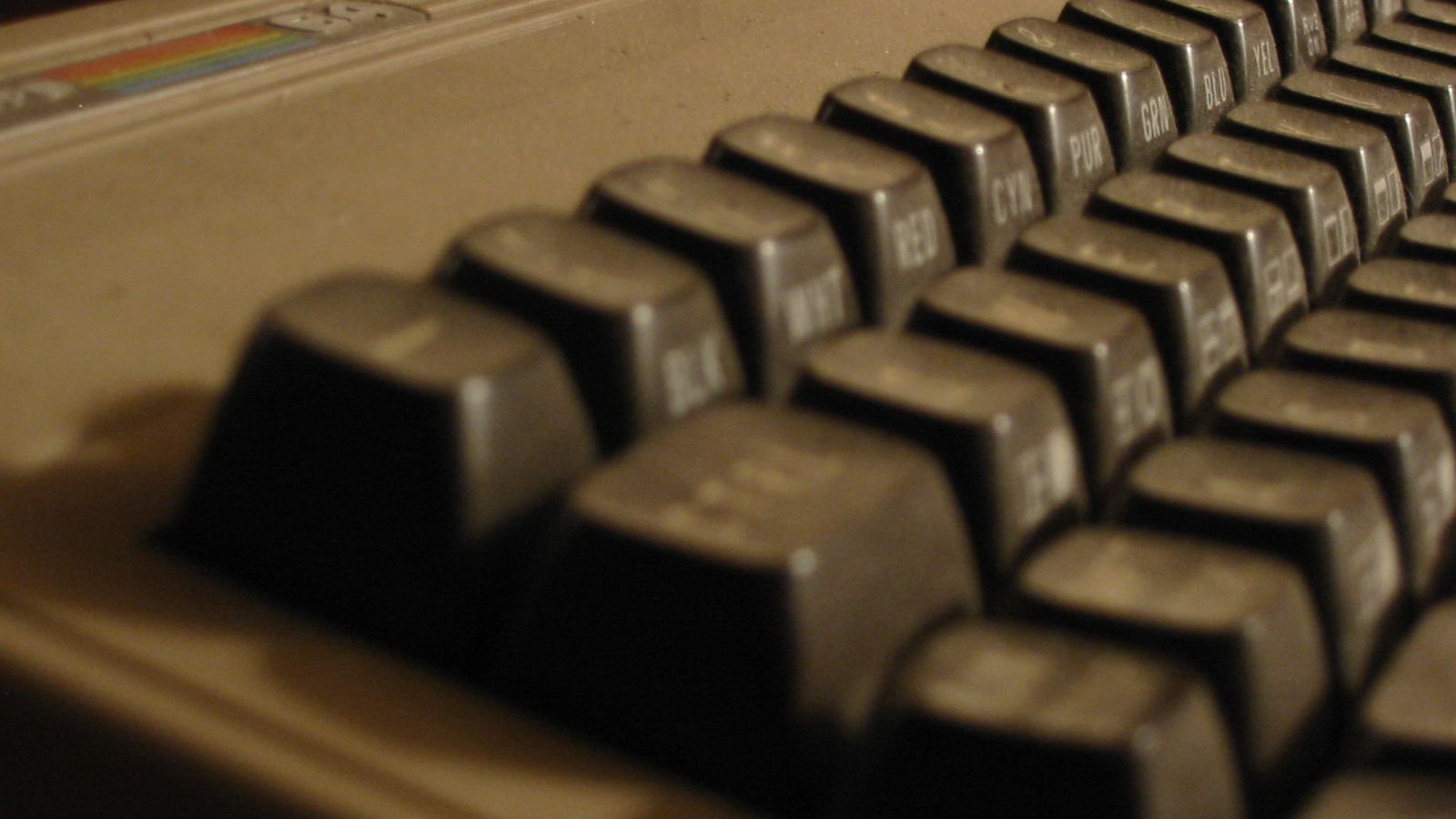 Apple patents a computer inside a keyboard
Apple patents a computer inside a keyboardNews Device could enable clutter-free ultra-portability, says document
By Danny Bradbury Published
-
 Samsung heir apologizes, promises he won’t pass company control to children
Samsung heir apologizes, promises he won’t pass company control to childrenNews Jay Y. Lee makes a rare apology in his first media appearance in five years
By ITPro Published
-
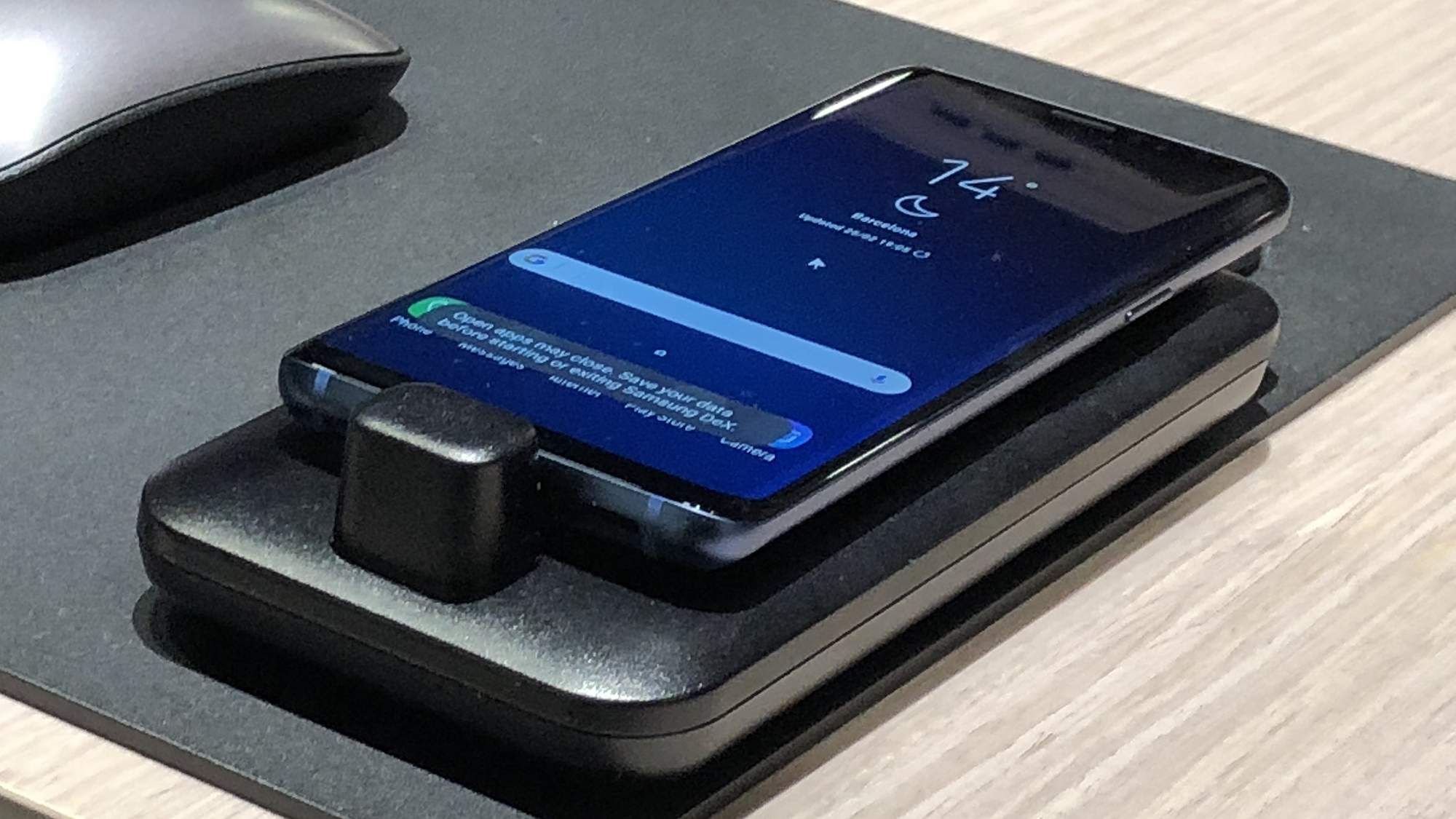 Samsung DeX Pad hands-on: Turn your Galaxy S9 into your desktop
Samsung DeX Pad hands-on: Turn your Galaxy S9 into your desktopFirst look Samsung gives its thin-client solution a flawed but promising update
By Adam Shepherd Published
-
 From startup to scaleup: How mentoring can make a success out of your business
From startup to scaleup: How mentoring can make a success out of your businessSponsored We join SPIXII three months into Samsung’s mentorship programme to see just how the company has grown
By ITPro Published
-
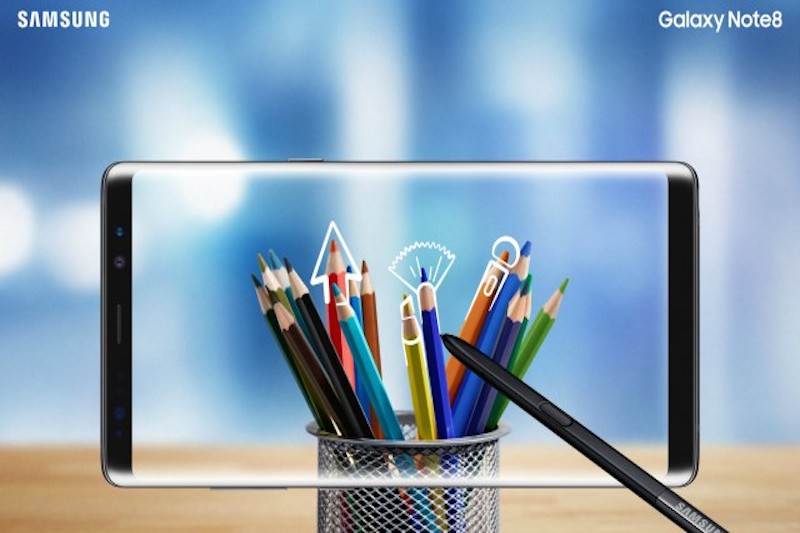 How technology gives you the freedom to explore new ideas
How technology gives you the freedom to explore new ideasIn-depth Sometimes all it takes is a shift of focus to make a company successful, thankfully mobile tech makes it possible
By ITPro Published
